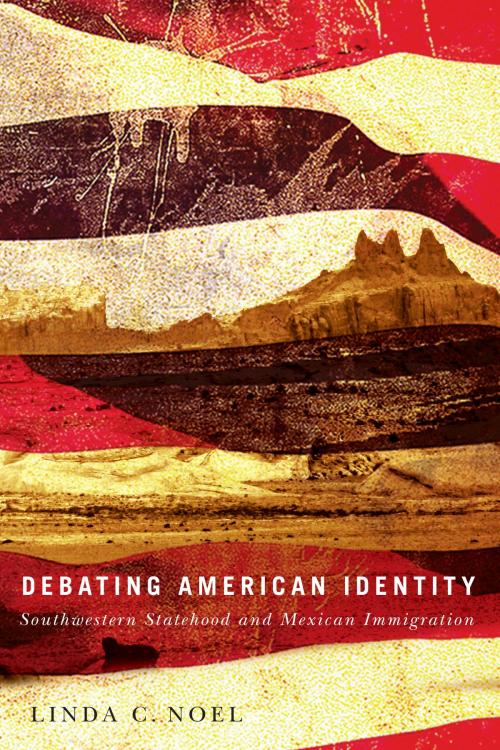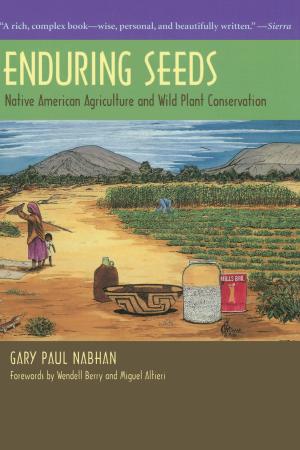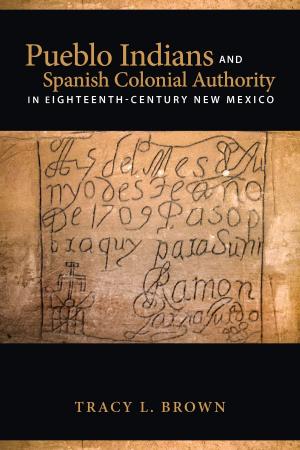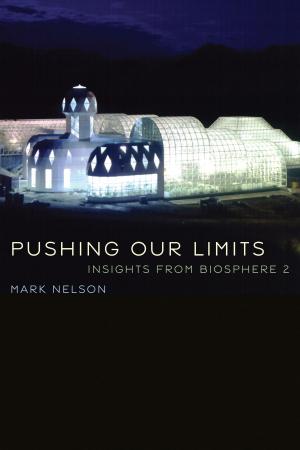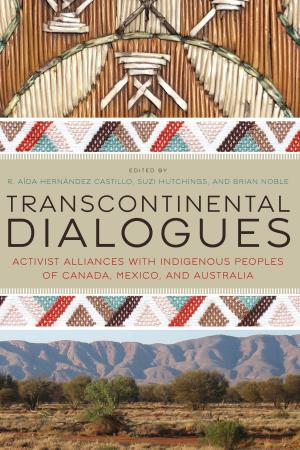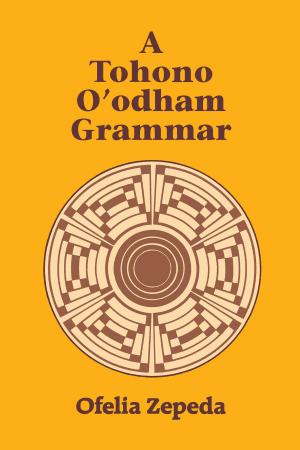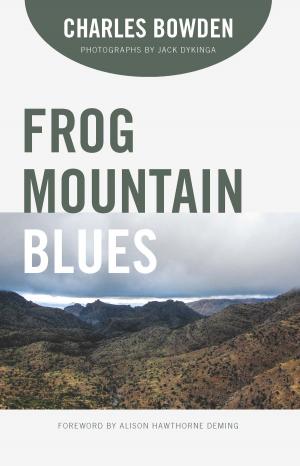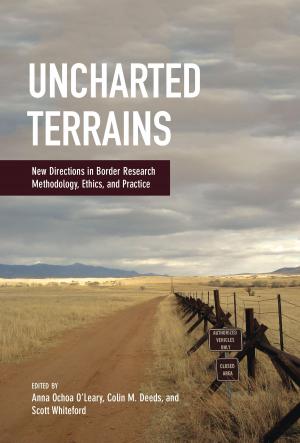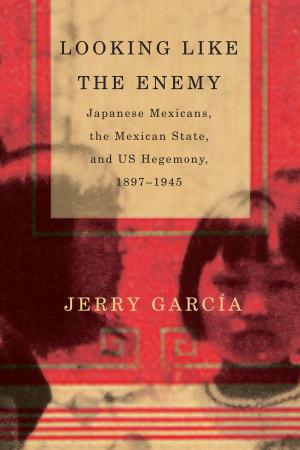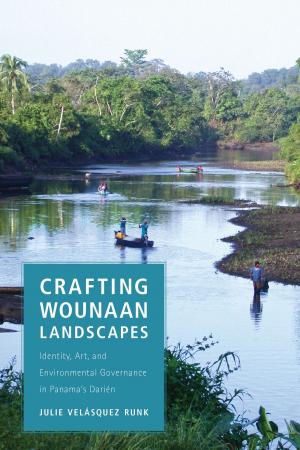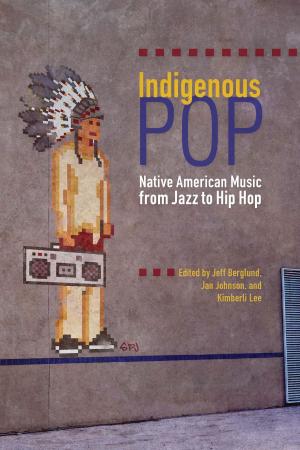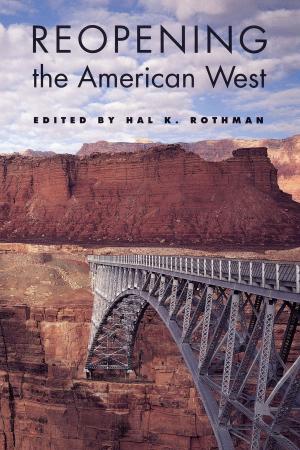Debating American Identity
Southwestern Statehood and Mexican Immigration
Nonfiction, Social & Cultural Studies, Social Science, Cultural Studies, Emigration & Immigration, History, Americas, United States| Author: | Linda C. Noel | ISBN: | 9780816598939 |
| Publisher: | University of Arizona Press | Publication: | February 27, 2014 |
| Imprint: | University of Arizona Press | Language: | English |
| Author: | Linda C. Noel |
| ISBN: | 9780816598939 |
| Publisher: | University of Arizona Press |
| Publication: | February 27, 2014 |
| Imprint: | University of Arizona Press |
| Language: | English |
In the early 1900s, Teddy Roosevelt, New Mexico governors Miguel Antonio Otero and Octaviano Larrazolo, and Arizona legislator Carl Hayden—along with the voices of less well-known American women and men—promoted very different views on what being an American meant. Their writings and speeches contributed to definitions of American national identity during a tumultuous and dynamic era. At stake in these heated debates was the very meaning of what constituted an American, the political boundaries for the United States, and the legitimacy of cultural diversity in modern America.
In Debating American Identity, Linda C. Noel examines several nation-defining events—the proposed statehood of Arizona and New Mexico, the creation of a temporary worker program during the First World War, immigration restriction in the 1920s, and the repatriation of immigrants in the early 1930s. Noel uncovers the differing ways in which Americans argued about how newcomers could fit within the nation-state, in terms of assimilation, pluralism, or marginalization, and the significance of class status, race, and culture in determining American identity.
Noel shows not only how the definition of American was contested, but also how the economic and political power of people of Mexican descent, their desire to incorporate as Americans or not, and the demand for their territory or labor by other Americans played an important part in shaping decisions about statehood and national immigration policies. Debating American Identity skillfully shows how early twentieth century debates over statehood influenced later ones concerning immigration; in doing so, it resonates with current discussions, resulting in a well-timed look at twentieth century citizenship.
In the early 1900s, Teddy Roosevelt, New Mexico governors Miguel Antonio Otero and Octaviano Larrazolo, and Arizona legislator Carl Hayden—along with the voices of less well-known American women and men—promoted very different views on what being an American meant. Their writings and speeches contributed to definitions of American national identity during a tumultuous and dynamic era. At stake in these heated debates was the very meaning of what constituted an American, the political boundaries for the United States, and the legitimacy of cultural diversity in modern America.
In Debating American Identity, Linda C. Noel examines several nation-defining events—the proposed statehood of Arizona and New Mexico, the creation of a temporary worker program during the First World War, immigration restriction in the 1920s, and the repatriation of immigrants in the early 1930s. Noel uncovers the differing ways in which Americans argued about how newcomers could fit within the nation-state, in terms of assimilation, pluralism, or marginalization, and the significance of class status, race, and culture in determining American identity.
Noel shows not only how the definition of American was contested, but also how the economic and political power of people of Mexican descent, their desire to incorporate as Americans or not, and the demand for their territory or labor by other Americans played an important part in shaping decisions about statehood and national immigration policies. Debating American Identity skillfully shows how early twentieth century debates over statehood influenced later ones concerning immigration; in doing so, it resonates with current discussions, resulting in a well-timed look at twentieth century citizenship.
